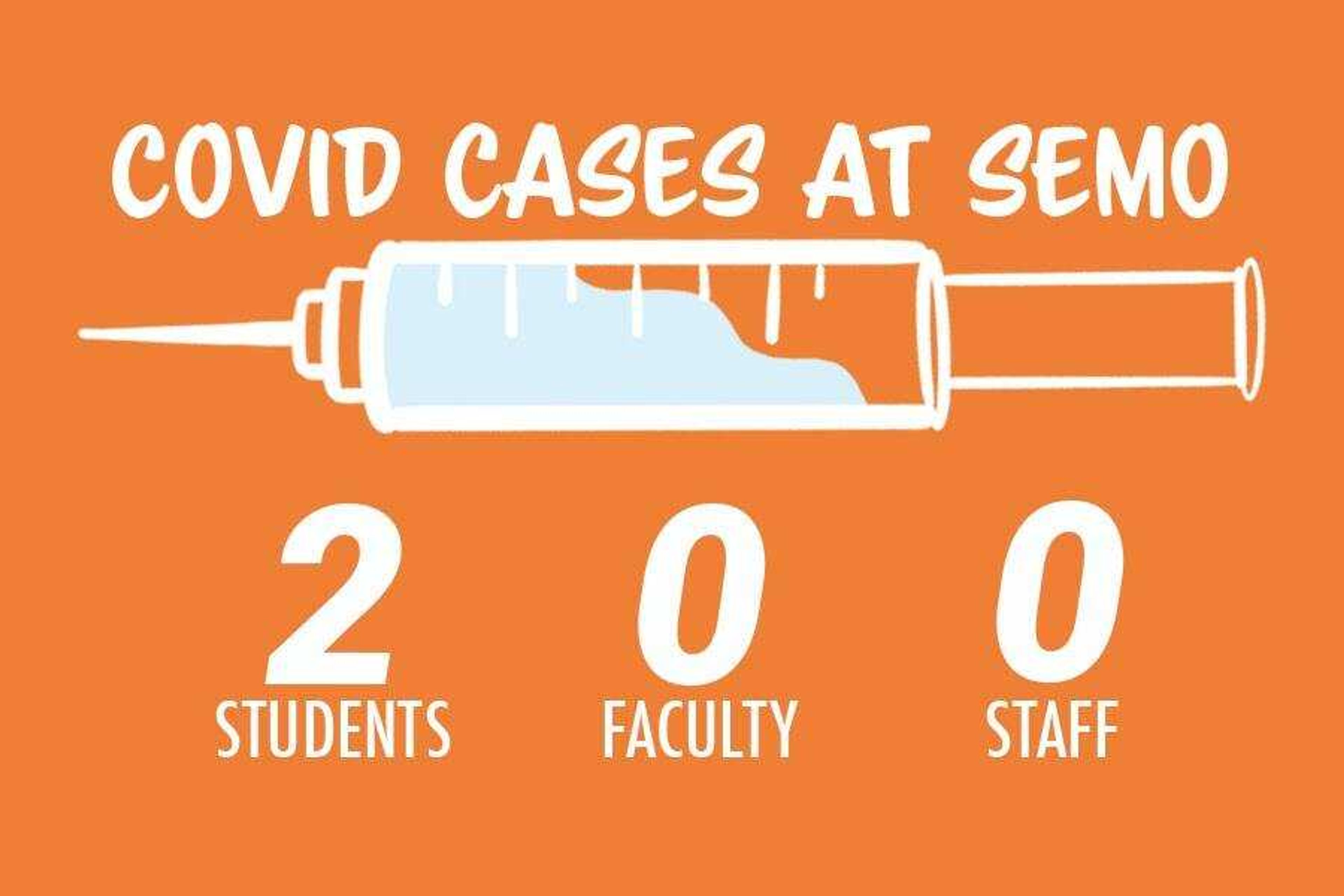As students receive housing assignments for the upcoming fall semester, there’s always a question of which tasks to complete before move-in.
Planning new dorm decor? Check. Packing up belongings? Check. Settling any preliminary squabbles with roommates? Check, check and check.
What about receiving the COVID-19 vaccine?
At this point in time, students will not be required to be vaccinated for COVID-19 prior to moving into dorms in the fall, Associate Vice President for Student Life Bruce Skinner said.
“We aren’t trying to create barriers for students to get here in terms of medical requirements,” he said.
The decision rests on several factors, Skinner said.
As the Pfizer and Moderna vaccines are only currently approved under emergency use, he said there’s questions surrounding whether the vaccine can legally be mandated outside of healthcare.
Skinner said the university also takes a minimal approach to requiring vaccinations; the meningitis vaccine is required per state law and is the only shot needed prior to moving on campus. Athletic or degree programs such as health care may require additional vaccination, but Skinner said the university avoids placing mass vaccine requirements on students. Although not required, Southeast encourages students to keep up with other recommended vaccinations, he said.
However, he said the COVID-19 vaccine is a step towards returning to normalcy on campus; while receiving it isn’t required by Southeast, it is encouraged.
“The more people vaccinated, the sooner we are back to business as usual,” Skinner said. “I would love to get back to that sooner than later.”
He said there has not been any mass outbreaks of COVID-19 in residence halls in the past two semesters. Spread of the virus has been contained to roommates or suitemates, Skinner said, and the university has not experienced any outbreaks on entire floors or dorms.
He attributed this to a combination of campus policies and care by the Southeast students, faculty and staff. Limitations of dorm guests, mask usage and restrictions on gatherings helped keep numbers low, he said. In evaluating the university’s situation surrounding COVID-19, they found Cape Girardeau experienced lower reports of COVID-19 compared to other university communities.
Hannah Kroencke is a resident assistant at Laferla Hall on campus. She said although she has hesitations about the vaccine, she is planning to get it to protect her family members.
“I would definitely consider getting it for the safety of others,” she said. “I think it would help things go back to normal if we could trust that everyone is safe and healthy.”
While a few students on her residence hall floor contracted the virus and were sent home to quarantine, Kroencke said there was no significant spread of COVID-19.
Southeast does not currently plan to become a vaccine provider, Skinner said. However, the university anticipates working with the Cape Girardeau County Public Health Center and State of Missouri to provide facilities for vaccination events, if needed.
As of Feb. 20, 598 student cases of COVID-19 have been reported on campus. There are currently two active student cases and zero students living in quarantine housing.





